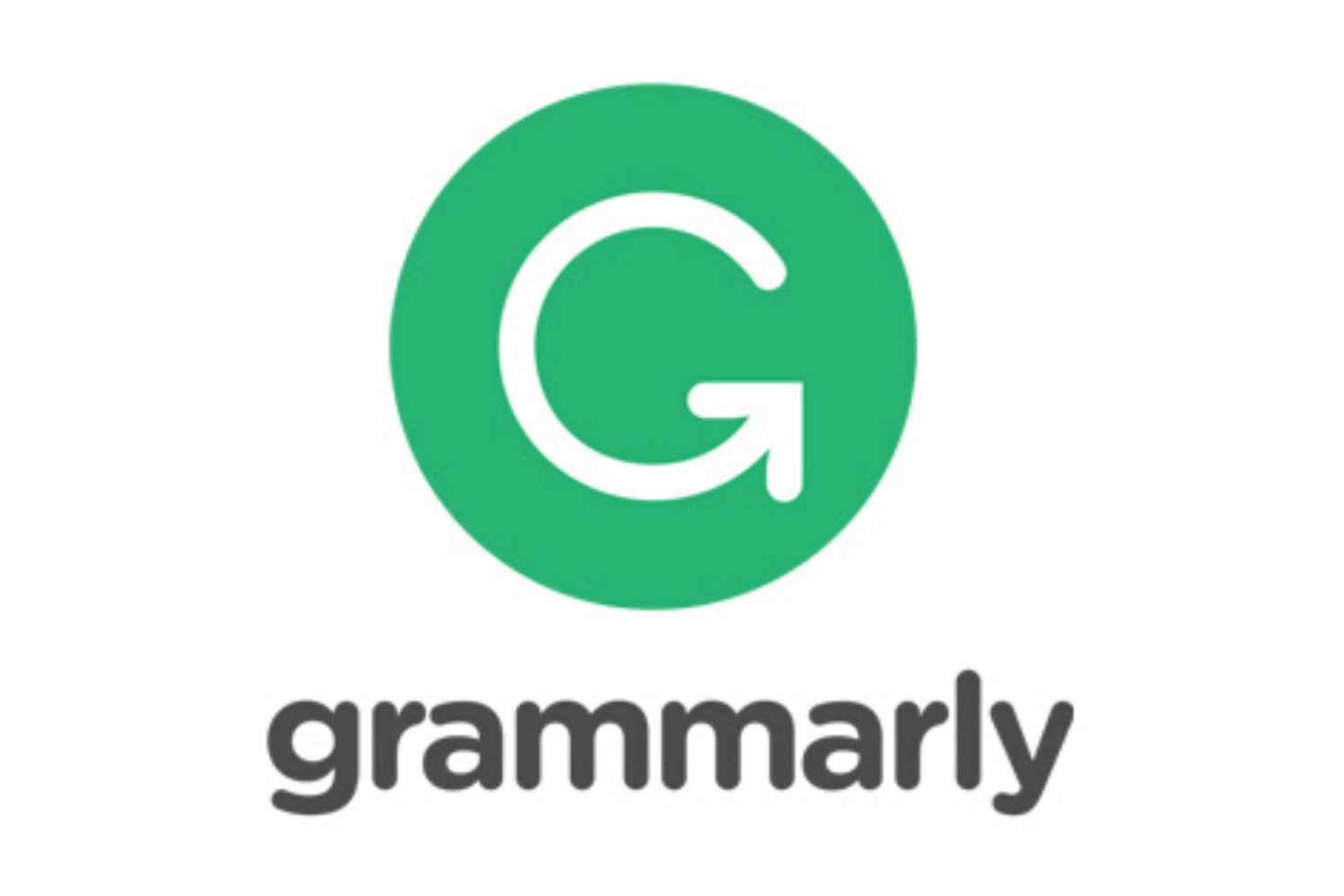Journal Indexed In: Click Here
Open Access Policy

OPEN ACCESS POLICY | COPYRIGHT NOTICE
The conception of the Open Access initiative traces back to several decades ago, but it managed to gain momentum only after the 1990s. The increased popularity and application of open access publication can be attributed to the advent of internet. Owing to the physical and economic barriers during the print age, Open Access publishing was almost impossible, even if an author was interested in getting wider audience for his article. With the rise in inflation, print costs have significantly increased which further raised the journal subscription prices.
However, the increased applicability of internet in scholarly publishing enabled authors to upload, download, print, and distribute digital data at low/no cost. This has offered an alternative to paper publishing and significantly benefitted the Open Access initiative. In accordance to the changing trends in the development of science and technology and the increasing volume of published knowledge, there is a growing demand for rapid exchange of scientific data. This demand can be met by transforming from pay-per-view printing to Open Access publishing.
The Budapest Open Access Initiative, Berlin Declaration on Open Access to Knowledge in the Sciences and Humanities of 2003, Bethesda Statement on Open Access Publishing of 2003, and the Salvador Declaration on Open Access of 2005 are some of the milestones that further propagated the applicability of open-access initiative in scientific publishing.
The Open Access initiative is also promoted by UNESCO as a means of contributing to the progress of global science. A clear mandate has been given by UNESCO, which states that UNESCO should 'maintain, increase and diffuse knowledge, by assuring the conservation and protection of the world's inheritance of books, works of art and monuments of history and science' (Constitution, art, 1.2 c).
All these events helped in bringing about the public realization that Open Access can augment in the advancement of global science research by bringing together researchers, universities, libraries, institutions and scientific societies onto a common platform for the exchange of knowledge.
This journal provides quick and free open access to its content thus exposing the globe to a new era in research and knowledge.
Open Access is a publication model where neither readers nor a reader's institution are charged for access to articles or other resources. Published research is the foundation for progress in Medicine Science. Open Access publishing, therefore, leads to wider dissemination of information and increased efficiency in Health Sciences.
OPEN ACCESS LICENCES

Academia Journal of Medicine (AJM) provides immediate open access to its content on the principle that making research freely available to the public supports a greater global exchange of knowledge. This journal is licensed under a Creative Commons Attribution license (CC BY 4.0) International License. This license permits authors to retain ownership of the copyright for their content, and allow anyone to download, reuse, reprint, modify, distribute and/or copy the content as long as the original authors and source are cited.
|| View License Deed || View Legal Code ||
COPYRIGHT NOTICE
Author must certify that neither this manuscript nor one with substantially similar content under his/her authorship has been published or is being considered for publication elsewhere, except as described in the covering letter.
Academia Journal of Medicine applies the Creative Commons Attribution (CC BY 4.0) license to works we publish (read the human-readable summary or the full license legal code). Under this license, authors retain ownership of the copyright for their content, but allow anyone to download, reuse, reprint, modify, distribute and/or copy the content as long as the original authors and source are cited. No permission is required from the authors or the publishers. Appropriate attribution can be provided by simply citing the original article. For any reuse or redistribution of a work, users must also make clear the license terms under which the work was published. This broad license was developed to facilitate free access to, and unrestricted reuse of, original works of all types. Applying this standard license to your own work will ensure that it is freely and openly available in perpetuity.
PRE-PRINT & POST-PRINT POLICY
Prior to acceptance and publication in the Academia Journal of Medicine, authors may make their submissions available as preprints on personal or public websites.
As part of the submission process, authors are required to confirm that the submission has not been previously published, nor has been submitted. After a manuscript has been published in the Academia Journal of Medicine we suggest that the link to the article on the journal's website is used when the article is shared on personal or public websites.
PRIVACY STATEMENT
See the journal's Privacy Statement, which assures readers that their name and email address will not be used for other purposes.
Digital Archiving Policy
The Journal uses PKP Preservation Network (PN). The PKP Preservation Network (PN) provides free preservation services for OJS journals.








.png)
